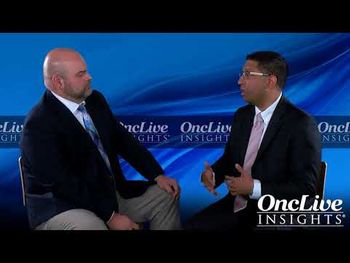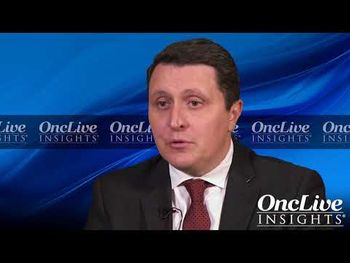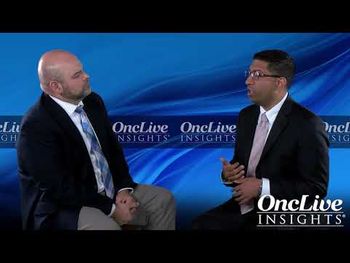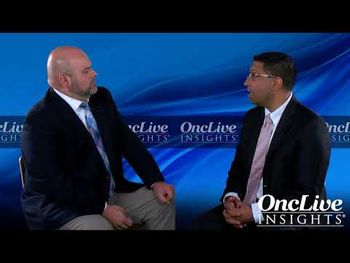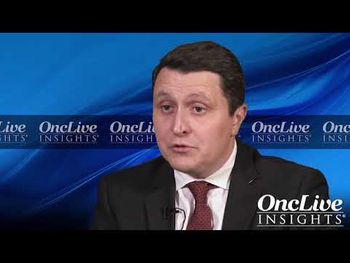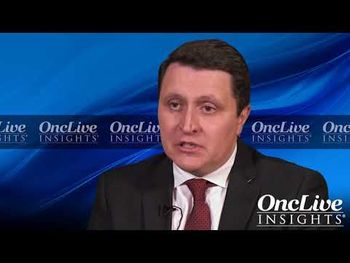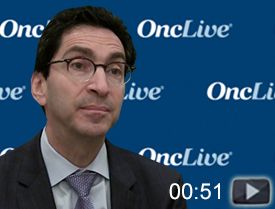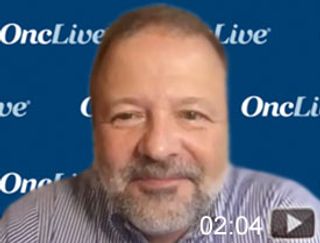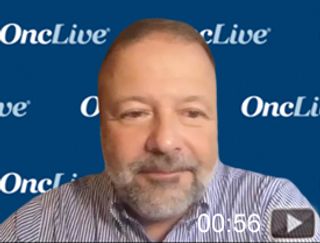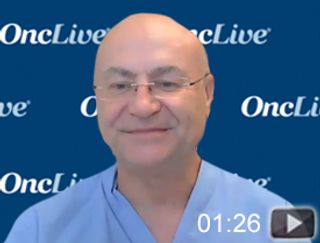
Colorectal Cancer
Latest News
Latest Videos

CME Content
More News

Johanna C. Bendell, MD, medical oncologist, Sarah Cannon Research Institute, discusses the next steps following progression on checkpoint inhibitors in microsatellite instability-high (MSI-H) colorectal cancer (CRC).
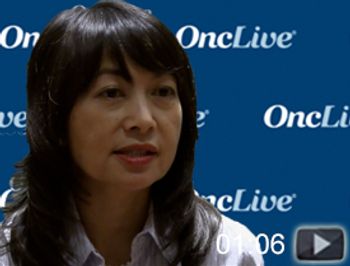
Cathy Eng, MD, professor of gastrointestinal medical oncology, The University of Texas MD Anderson Cancer Center, discusses ongoing trials investigating treatment for patients with BRAF-mutant colorectal cancer (CRC).

John L. Marshall, MD, chief, Division of Hematology/Oncology, Medstar Georgetown University Hospital director, Otto J. Ruesch Center for the Cure of Gastrointestinal Cancer, discusses frontline treatment options for patients with colorectal cancer (CRC).

Leonard Saltz, MD, discusses current go-to therapies and overarching questions for mCRC treatment.

William R. Jarnagin, MD, discusses the necessary role of surgery and novel techniques in patients with colorectal cancer.
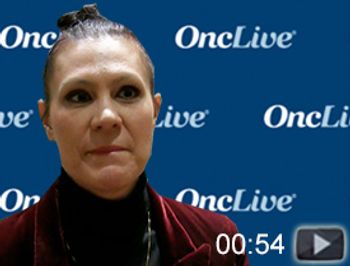
Johanna C. Bendell, MD, medical oncologist, Sarah Cannon Research Institute, discusses pembrolizumab (Keytruda) in colorectal cancer.
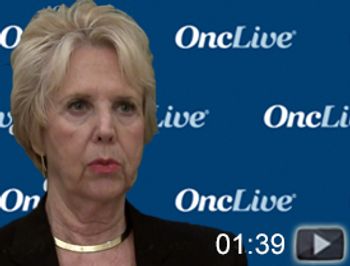
Nancy E. Kemeny, MD, a medical oncologist at Memorial Sloan Kettering Cancer Institute, discusses liver-directed therapies for patients with metastatic colorectal cancer (CRC).

Shubham Pant, MD, stresses the importance of clinical trials as an avenue to establish more novel treatment decisions in colorectal cancer.

Mutations in the BRAF kinase are found in a relatively small number of patients with metastatic colorectal cancer, but they nonetheless have important implications for prognosis and response to standard therapy.
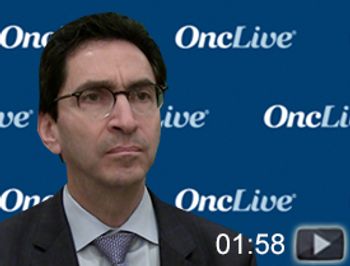
Leonard Saltz, MD, Executive Director for Clinical Value & Sustainability, head, Colorectal Oncology Section, Memorial Sloan Kettering Cancer Center, discusses chemotherapy for patients with metastatic colorectal cancer.
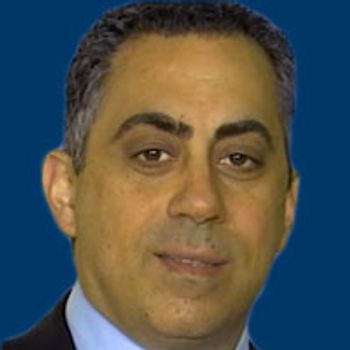
Tanios Bekaii-Saab, MD, FACP, and Rona D. Yaeger, MD, discuss the current treatment landscape and other key issues relating to this distinct subset of colorectal cancer.
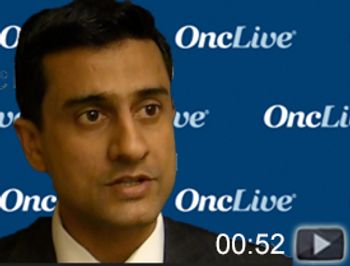
Shubham Pant, MD, associate professor, The University of Texas MD Anderson Cancer Center, discusses the third-line setting for patients with metastatic colorectal cancer (CRC).
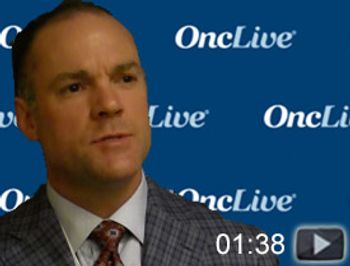
A. David McCollum, MD, Baylor-Sammons Cancer Center, discusses integrating immunotherapy into the treatment landscape of colorectal cancer (CRC).
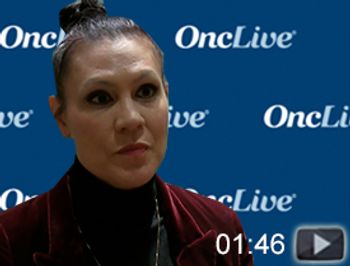
Johanna C. Bendell, MD, medical oncologist, Sarah Cannon Research Institute, discusses the treatment of patients with colorectal cancer (CRC) that are microsatellite stable.
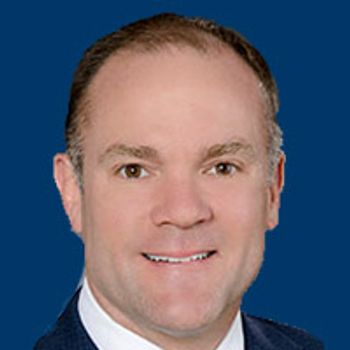
A. David McCollum, MD, discusses the optimal management of CRC in the first-line setting and the ongoing research with checkpoint inhibitors designed to benefit larger groups of patients.

Shubham Pant, MD, associate professor, The University of Texas MD Anderson Cancer Center, discusses the current treatment landscape of colorectal cancer.

A. David McCollum, MD, Baylor-Sammons Cancer Center, discusses drug sequences for patients with colorectal cancer (CRC).

A. David McCollum, MD, physician, Texas Oncology, discusses treatment options in the first-line setting for patients with colorectal cancer (CRC).
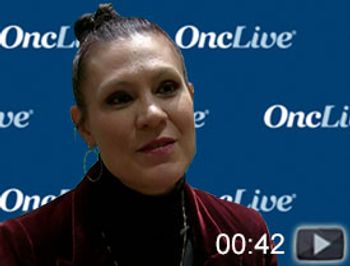
Johanna C. Bendell, MD, medical oncologist, Sarah Cannon Research Institute, discusses the future of regorafenib (Stivarga) for patients with colorectal cancer (CRC).
